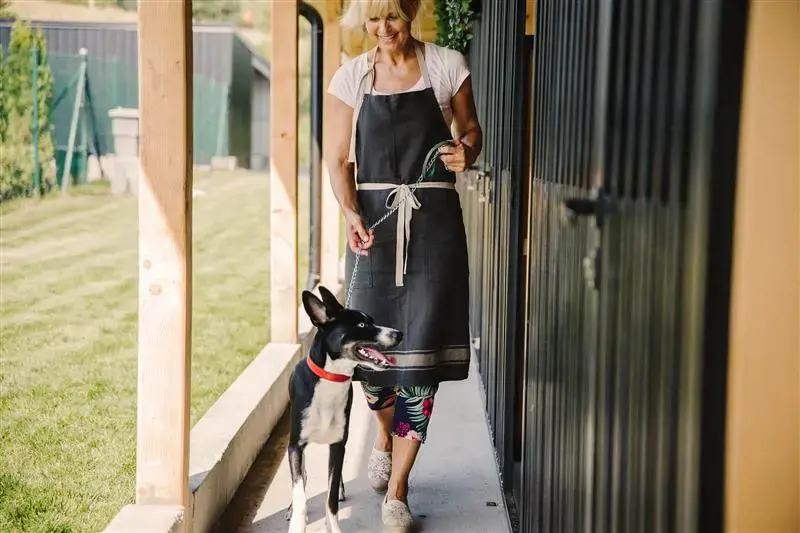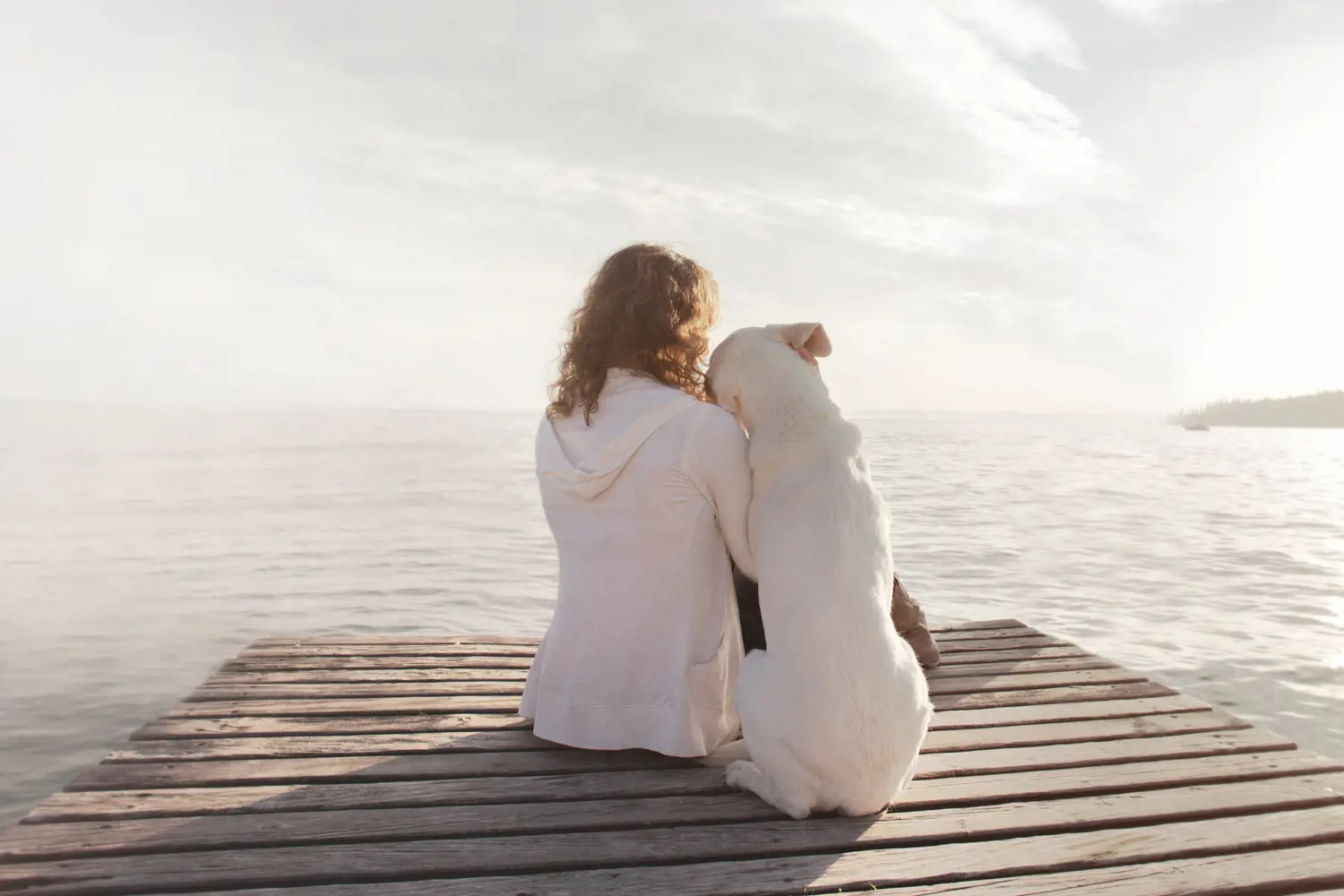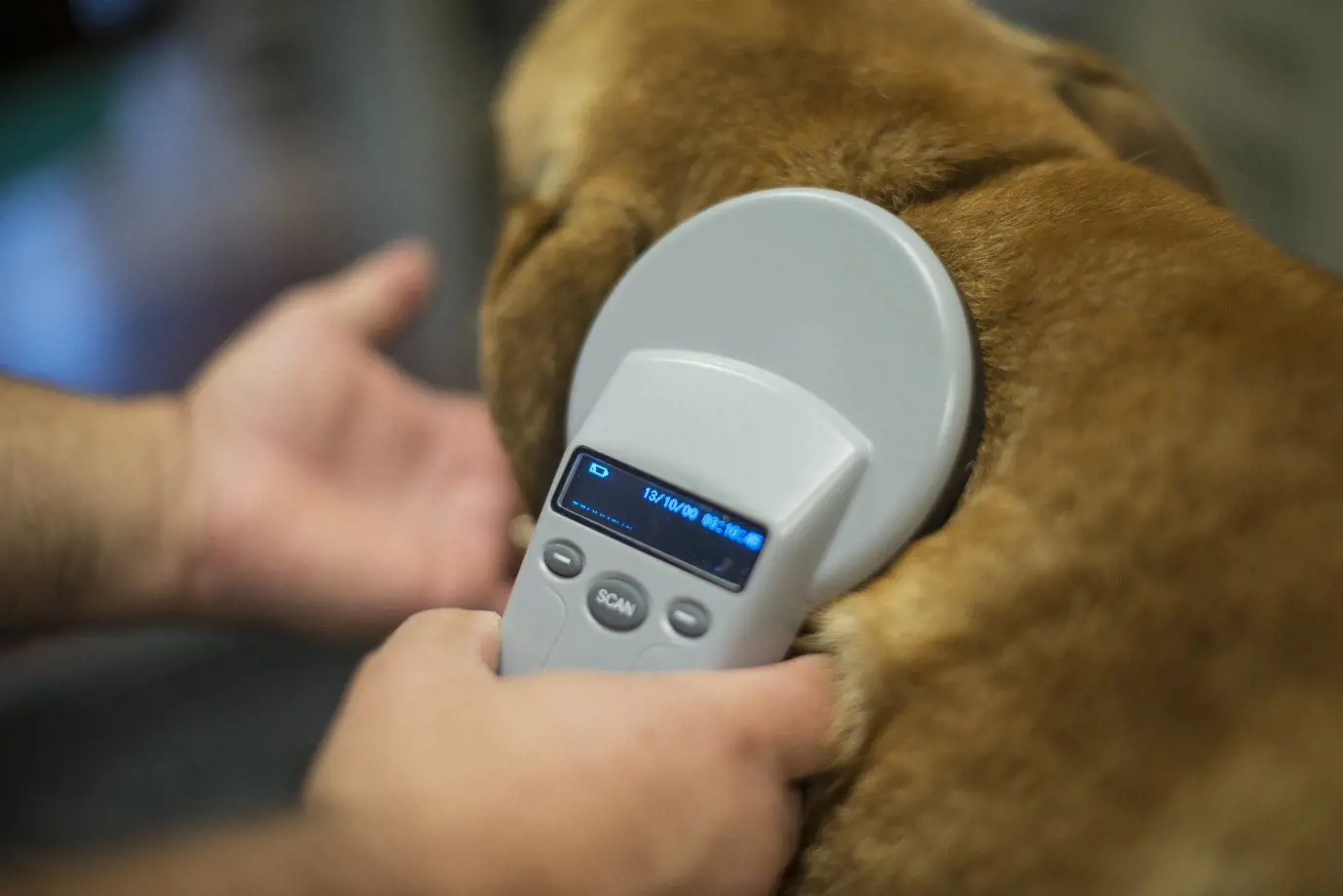How to find a lost dog
17th June, 2020
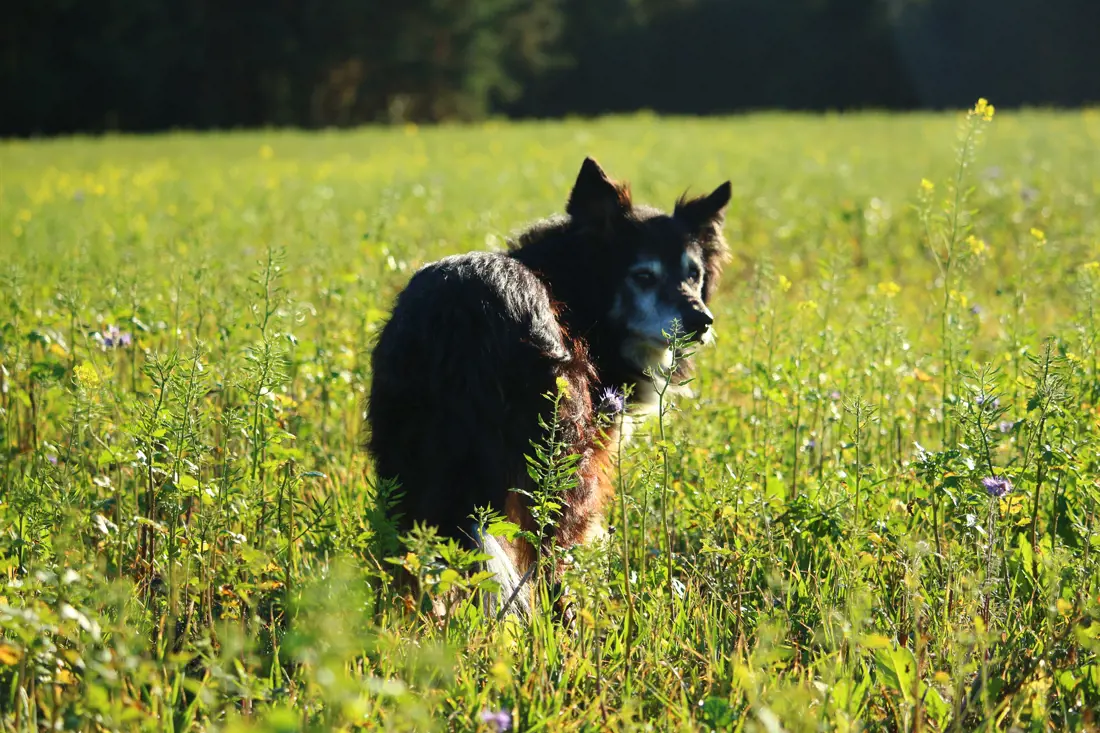
Every dog owner has the occasional heart-in-mouth moment when they can’t find their beloved pup. Usually, this is only a momentary panic and your dog will return straight away – but what should you do if it doesn’t come back?
Even well-behaved animals are liable to get lost, perhaps by following a tempting scent while on a walk.
So if your Weimaraner has veered off course or your Mastiff’s gone missing, follow the tips below, based on advice from the animal rescue experts at Battersea Dogs and Cats Home.
And remember – dog insurance could pay out towards the costs of advertising and rewards for your lost pet, as well as treatment for any injuries it picked up on its adventures.
Start searching straight away
Dogs often turn up with their tail between their legs of their own accord, usually at around dinner time.
But while canines do have great orienteering abilities, largely thanks to their acute sense of smell, there’s no guarantee that your wandering Whippet will be able to find its way back to you.
Lost dogs get disoriented and may stray outside territory they recognise. They may then get overwhelmed and try to hide from all the unknown dangers they encounter along the way.
And if your dog escaped while on a walk, and you had travelled to that location by car, the chances that it will turn up on your doorstep later are very slim indeed.
So start searching while your dog is still likely to be metres, rather than miles, away. You maximise the likelihood of finding it quickly, and minimise the risk of it coming to any harm.
You really don’t want to be searching for your black Lab after nightfall, when your chances of spotting it are low and its stress level will be high.
Plus, many of the dog rescue services detailed below will operate during daytime hours only. So if the day’s wearing on, then it’s best to make these calls a priority.
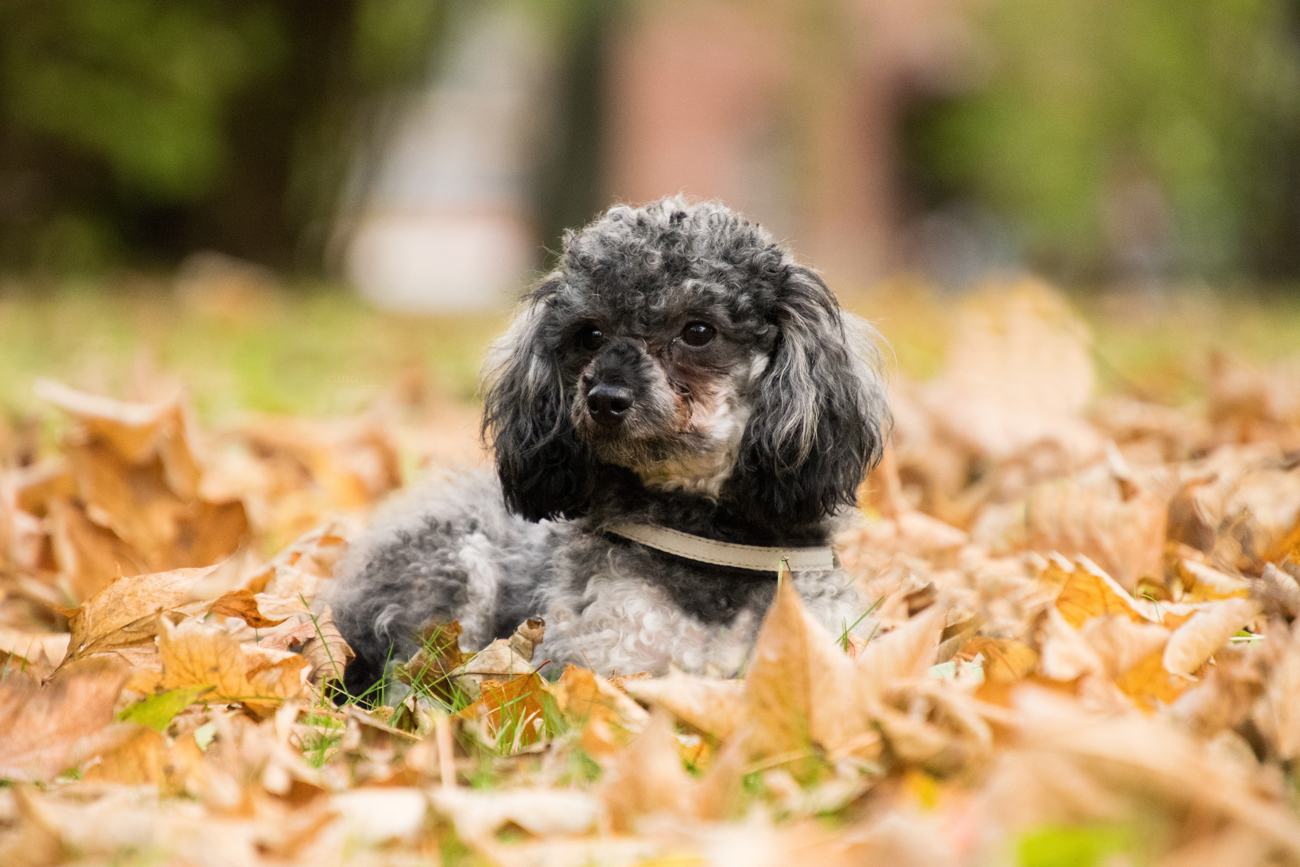
Check familiar places
When you spot that your dog is missing, it’s only natural to feel alarmed. But getting anxious can cloud your judgement, and you could start fearing the worst while your pooch is, in fact, safe and well.
So take a deep breath, calm yourself down, and think clearly about where it might be.
If you can’t find it at home, check that it really has done a runner.
Could it be curled up in a sunny spot in your garden? Asleep under a bed? Hiding in your pantry with a guilty expression on its face, surrounded by empty food wrappers?
Check in your neighbourhood, too.
Ask your neighbours if they’ve seen your canine, and get them to check their garages and sheds – dogs often get tempted into outbuildings by an intriguing smell, then get stuck when the unsuspecting owner shuts the door.
Walk around your local park, or any area that your dog is familiar with, calling its name. Don’t be embarrassed to enlist local dog walkers into your search – they’re likely to be very empathetic to your plight.
Take toys to attract your dog’s attention – you might finally be glad of those noisy, squeaky ones!
And don’t forget to have a look at local building sites, from a safe vantage point. It’s easy for dogs to squeeze into a site through a gap in the fence, then get injured.
Insurance for dogs could help you cover the cost of treatment if your poor pooch has suffered an accident.
Report to microchip company
Still no sign of your Spaniel? Then it’s time to get serious. That means contacting your microchip company to alert them to the fact that your mongrel’s missing, so they can make sure that nobody tries to change its details.
Check they’ve got the correct details on file for you, so you can be contacted if your dog is found. Some companies can put out alerts about your pet, too.
Microchipping has been compulsory for dogs in the UK since 2016, when official figures showed that 102,000 straying or stolen dogs were picked up by charities and local authorities each year.
If your dog is not microchipped, you will not only find it harder to be reunited, but you could also face a fine. Contact your vet as soon as your pet’s back home to arrange for this inexpensive, painless procedure.
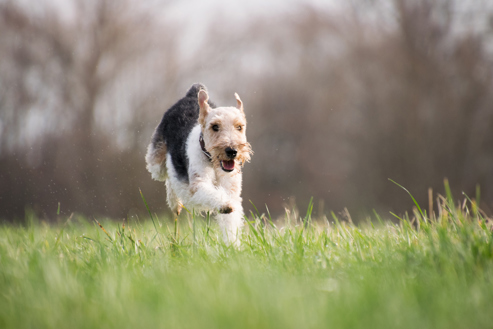
Contact local dog wardens
Another key contact in your search for your straying Staffie is your local authority’s dog warden. They might have picked up your pooch as it wandered along a pavement and taken it to a pound.
Dog wardens will always check for microchips, so you should be alerted if your dog’s been detained.
But a proactive approach on your part could mean you get peace of mind more quickly. And if your pooch has not been found, then you know to keep looking.
Be aware that dogs can stray further than you might imagine, so contact the wardens in neighbouring authorities as well.
Report to animal rescue centres
Animal rescue centres don’t just rehome unwanted pets. Many of them also maintain a database of lost and found dogs and cats in their area.
They can tell you if there’s a possible match – or keep your details on their database and contact you with any updates.
They’ll also liaise with other similar services, so you should find that you’re now plugged into a network of animal lovers on the lookout for your pet.
Report to nearby vets
If your beloved Boxer was found injured, then conscientious passers-by or drivers might have taken it to the nearest vet.
Again, assuming you’ve followed the law and had your pet micro chipped, the vet surgery should contact you. But if your poor pooch is in pain, you want to know about it as fast as possible.
You may also need to discuss treatment options with the vet, and make a claim under your dog insurance policy – with Purely Pets’ Manage My Policy portal, it’s a straightforward process that you can get started at any time of the day or night.
If your dog has not been taken to the vet, then a few quick calls will allow you to focus your energies on thinking where else it might be.

Report to police if you think it’s stolen
Try not to be alarmed, but sadly it is the case that some dogs get stolen, particularly if they are cute puppies or pricey pedigrees.
These are especially valued for breeding purposes, with certain sought-after breeds or those with unusual colours fetching thousands of pounds.
Dogs can be taken while tied up outside a shop, captured while running around a park, or even stolen from homes and gardens.
If you can’t see how your dog could have disappeared without human interference, then theft is a possibility you have to consider.
Contact the police. They will know if there’s been a spate of dog thefts in your area in recent months. And if your dog is found during their operations, they’ll be able to reunite you promptly.
Spread the word with posters and flyers
If you’ve contacted all the organisations listed above and had no joy, then it’s time to get the word out there generally.
Print out posters with a description, a good photo or two of your pooch, and your contact details. Ask to stick them up in pubs, shops, cafes and community centres in your neighbourhood.
If you have community notice boards in your area, these are another great place to display your posters.
Flyers through letterboxes in the streets around your home will ensure your missing mongrel is front of mind for your neighbours, too.
Insurance for dogs from Purely Pets will cover the cost of advertising and even enable you to offer a reward.
Post on social media
Social media is another very powerful tool, as it can get your dog’s details out to thousands of viewers in no time at all.
There’s bound to be a page and group for lost and found pets in your area, so post details of your pet there.
Remember to make your post public and shareable so that group members can share it with their contacts, too.
By splashing your dog’s photo and details over social media, you’ll help to make it too hot for dog thieves to handle, in which case it might be set free.
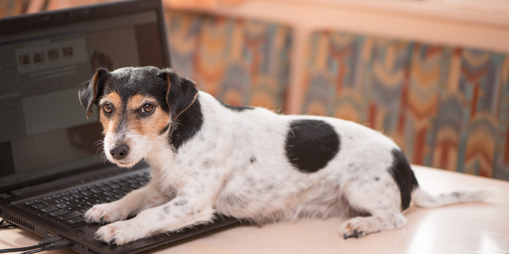
Register with specialist websites
There are a few Lost and Found websites in the UK where you can register your missing animal for free, search to see if it’s been reported as found, and receive alerts and updates.
The National Pet Register, Animal Search UK and Dog Lost all provide this invaluable service. They’ve got associated social media channels, too, but you can go directly to their websites if you prefer.
Animal Search UK also offers a paid-for Missing Pet Search Team, and can arrange for specialist publicity, too. If you took out dog insurance cover before your animal went missing, your policy should help you cover the costs.
Remember – if you are reunited with your dog, then remove any posters, update your social media posts, and inform any agencies who have helped you in your search.
This helps free up space for further missing pets – and reduces the chance that you’ll be accosted in the park and accused of stealing your own dog!
How to prevent your dog escaping
It might be a case of closing the kennel door after the dog has bolted, but once you’ve found your pet, you need to take prompt action to prevent it escaping again.
Take a tour of your garden and try to see it from your dog’s perspective.
Can it jump the fence? Burrow under it? Or squeeze through a gap in the gate? Repair any holes, and consider investing in higher and more secure boundaries.
Make sure you take your four-legged friend for regular walks, so it can burn off energy and satisfy its desire to explore, smell new scents, and socialise with other dogs.
If you can walk your dog at the same time every day, it knows what to expect and may be less likely to try to arrange its own expeditions!
Train your dog well, so it comes when you call, and keep it on a lead until you’re confident it will obey your commands when on a walk. Train your family, too, so they remember to shut doors and gates behind them!
If you know your dog is easily startled, act with caution when you’re out and about together. The sound of a shotgun in woodland, or even just a loud car exhaust, could cause your dog to bolt.
Take special care around New Year’s Eve and Fireworks Night. And don’t forget that some pets are alarmed by visitors to your home, too.
You could also think about getting your dog neutered or spayed, so it’s less likely to follow the scent of potential mates in the park and end up lost.
When your pet does return home, don’t be too angry – it was probably only following its doggy instincts. A lost dog is almost certainly a frightened dog, so hopefully it will be less likely to run away again.
Give it lots of love and affection so it knows that despite all the tempting smells out there in the big wide world, there really is no place like home.
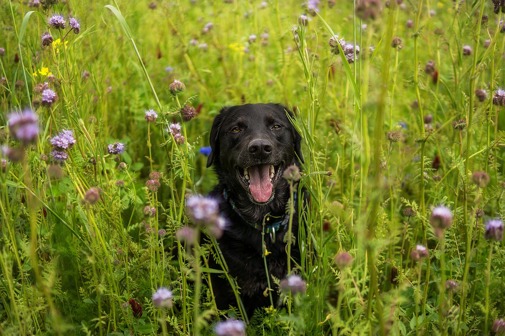
Get a quote from Purely Pets today
It’s worrying when your beloved dog goes missing.
Pet insurance from Purely Pets can ease some of your stress by helping you pay for associated costs, including advertising and reward, and any vet treatment required.
There are 15 levels of lifetime cover to choose from, so you’re sure to find a policy that suits your pooch and your purse. Cover for vet fees ranges from £1,000 to £15,000 per year, and excess starts from £60.
Also included is third-party liability of £1-2m, depending on policy you’ve chosen, so you’re covered for any damage your canine escapologist causes while on the loose.
Contact our team of specialists today to get cover for your furry friend.
Helpful Pages
Recent Posts
Pet Insurance Quote
- 98% claims paid *
- Claims paid directly to vets
- 24/7 vet video consultations
- Interest free monthly payments

